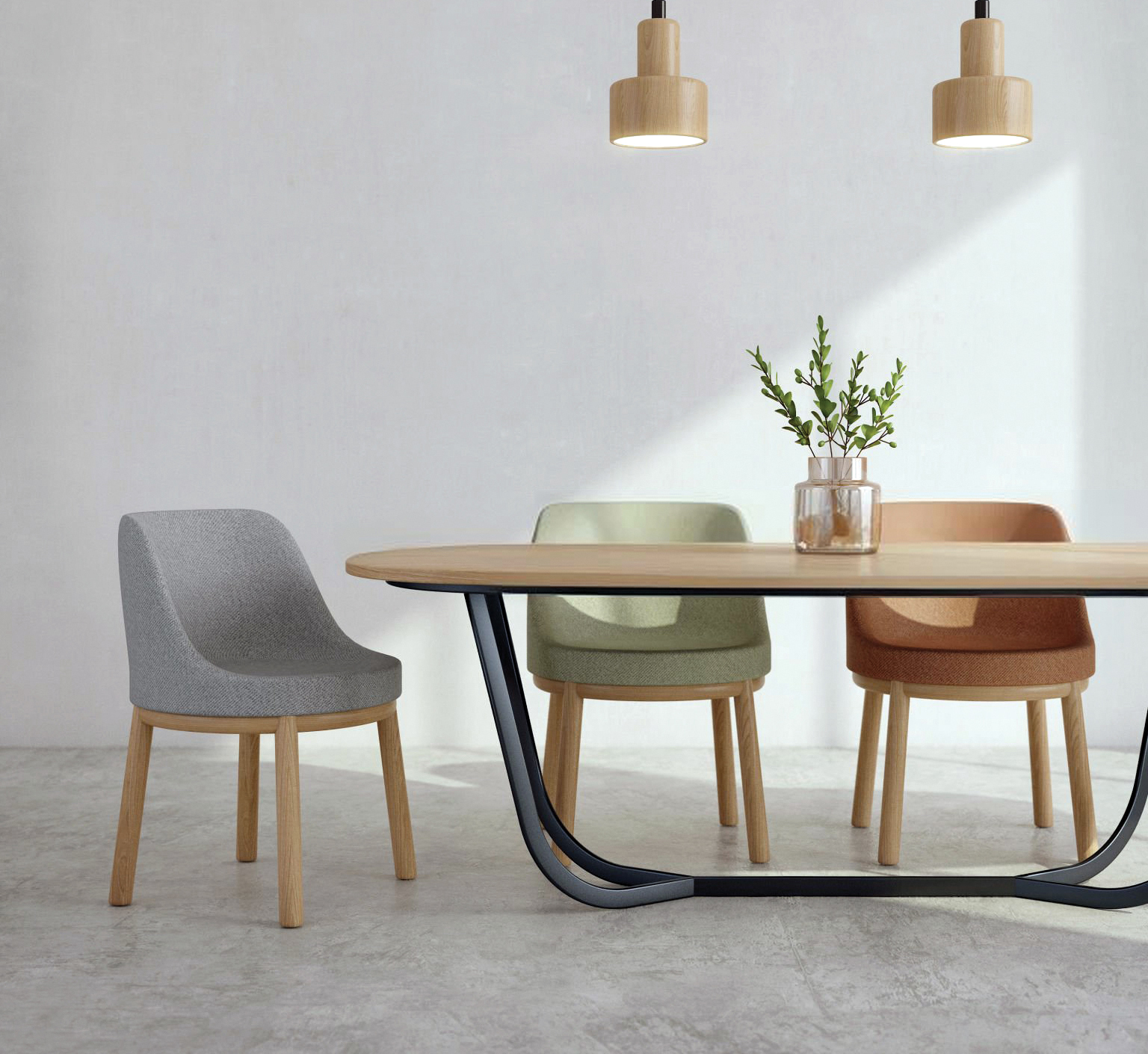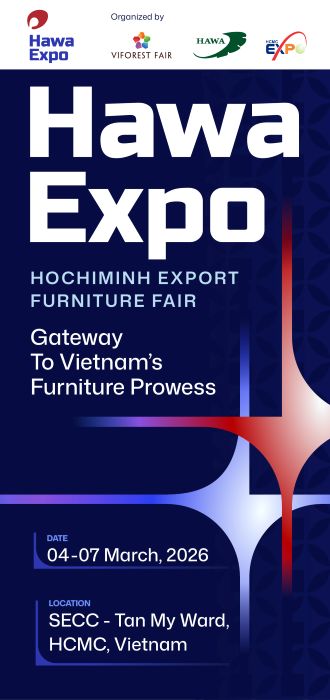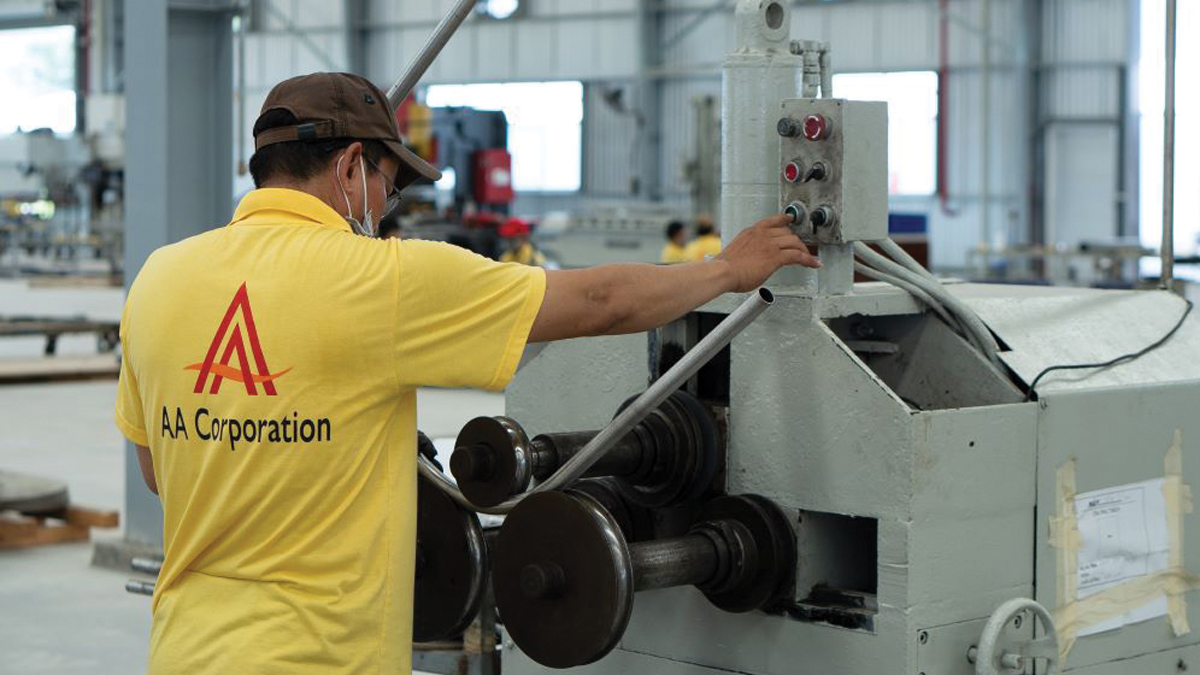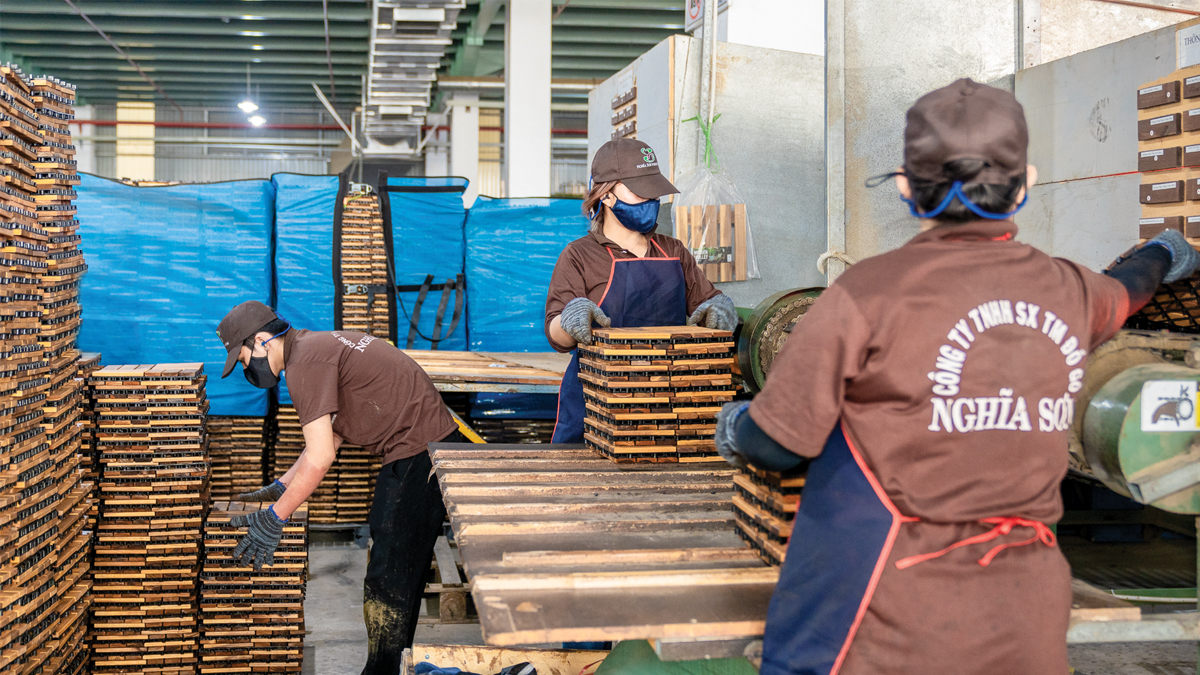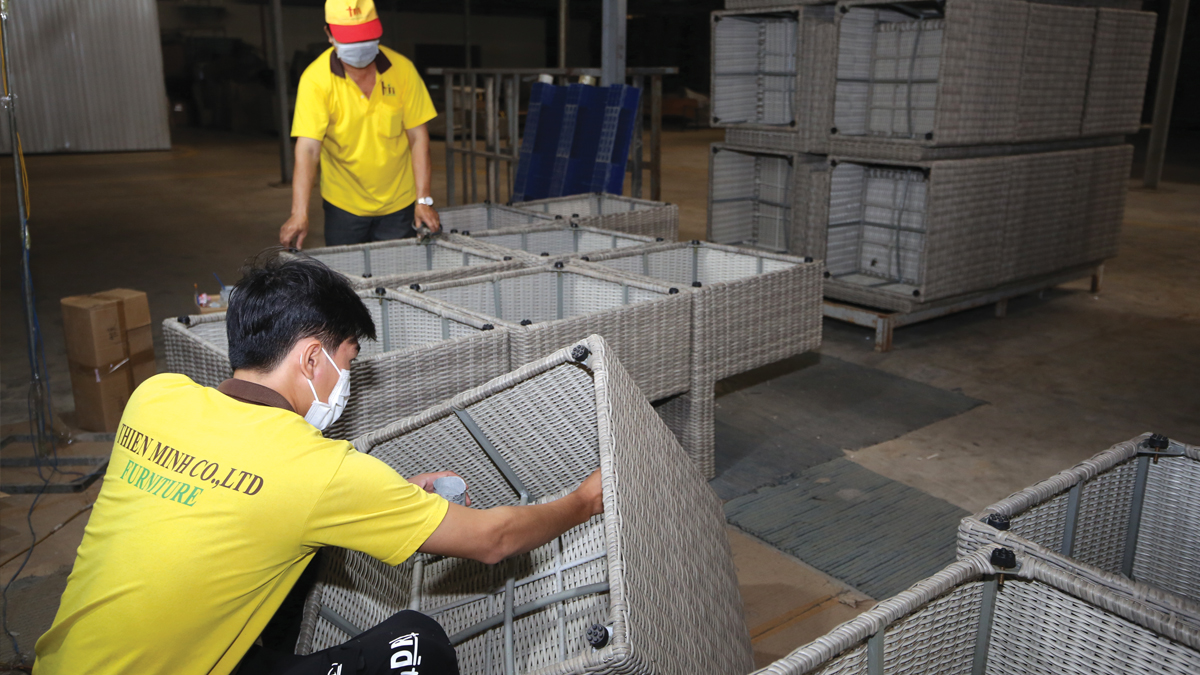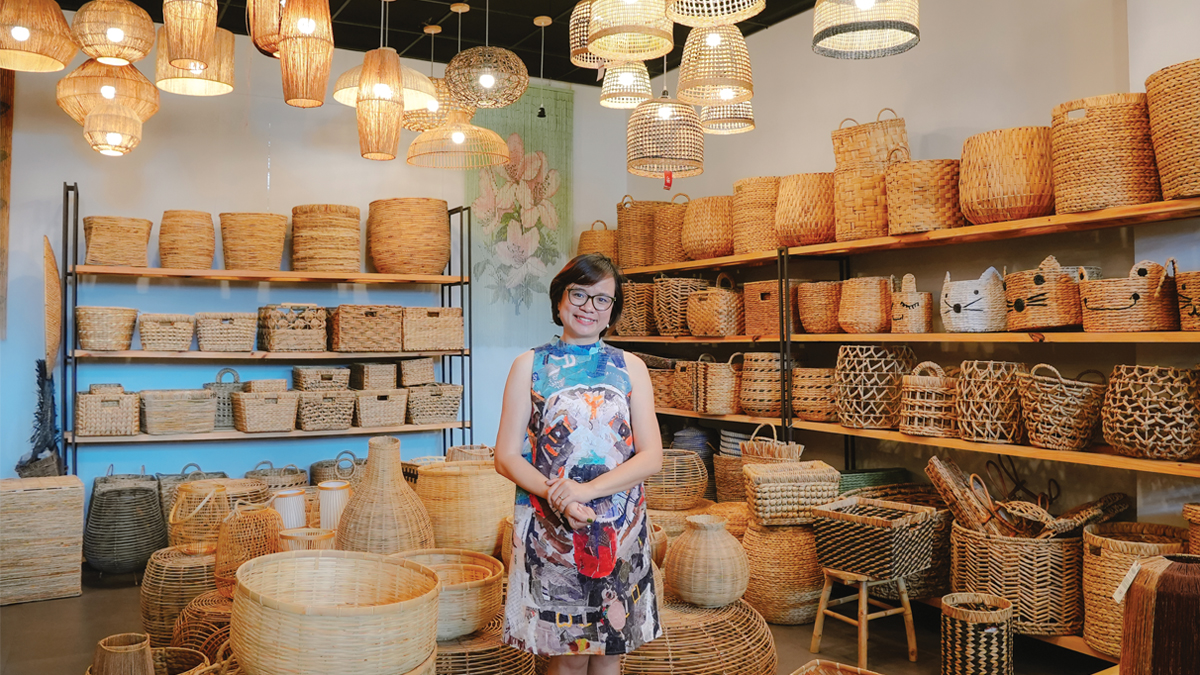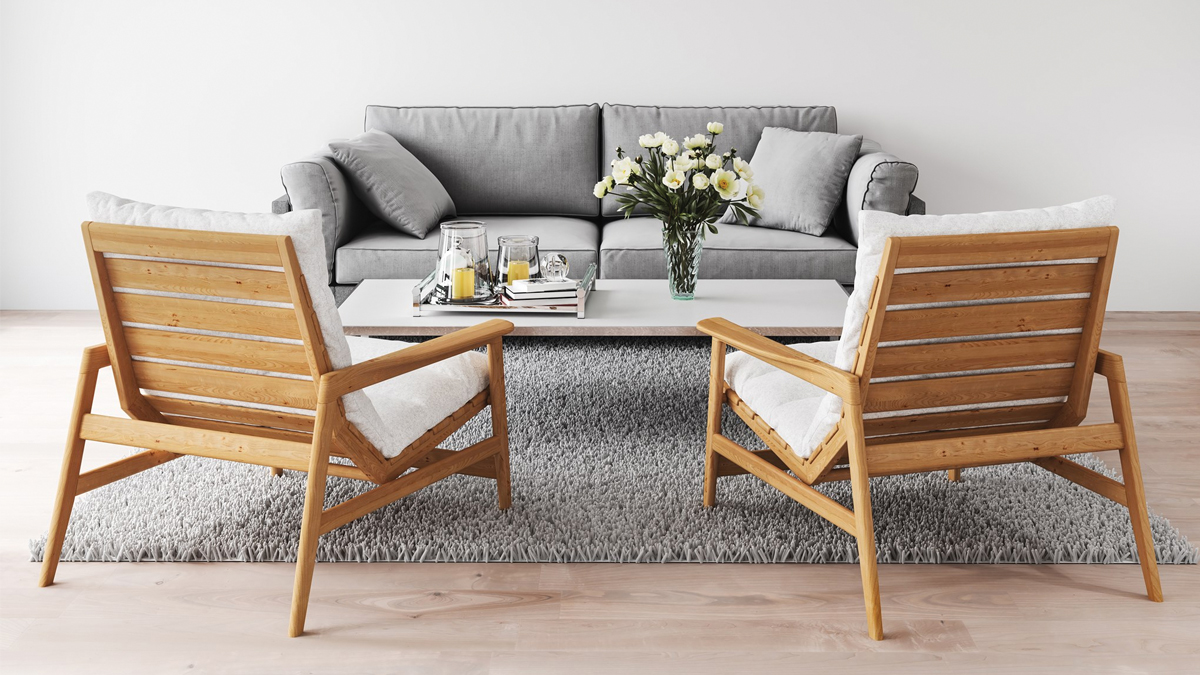With almosts 2 decades of experience in creative communication, expert Tien Huy Nguyen believes that the foundation upon which the local wood & furniture businesses can establish themselves and for the Vietnam industry at large is developing product designs and marketing competency.
* Vietnam is one of the five largest global exporters of wood & furniture, side by side with Italy or Poland. However, even with the industry-scale objective to establish its own brand identity for Vietnam as well as for the individual businesses, the difficulties they have to face remain. How would you remark upon this situation?
– Vietnam industry possesses certain competitive edges in manufacturing for foreign markets thanks to the legal wood reserves, workers’ advanced skills and low labour costs. As with building their own brand identity, the wood business people, it turns out, are facing the hurdles of design competency and distribution capacity at the export markets. Such are the major, riskier issues compared with the smooth operation, or manufacturing, which explains for the lack of commitment from their end towards brand building.
* So, where should they start?
– The journey to build brand identity begins with developing one’s own competency in design and marketing. In reality, to market our brand, Pencil Group has to participate in the first step of product ideation, alongside the process of brand communication. When combined, these two processes will bring success to marketing. I am myself an IKEA enthusiast. When acquiring my very first house, I flew to Singapore to buy IKEA products, package and send them to Vietnam on each of my business trips. Vietnamese businesses contribute greatly to the products of IKEA, as well as other notable global brands. So long as they are committed and serious in brand building, they can always win the hearts of local and international consumers alike, across multiple sectors. I truly believe that with combining their creativity and production capacity, they will soon be able to tell their own stories.
* How is not having a brand identity detrimental to the business, and the industry at large?
– When we still stay at the end of the value chain, we are bound to be replaced anytime. As the average income of Vietnamese people increases, the competitiveness in the labour market decreases. The growth of new materials will cause production shifts. I suppose the industry businesses need to work with creative design companies and market researchers, brand marketers as well as business alliances to share and learn from their experience. From there, each business shall devise their own growth model to be implemented.
* Besides the export market, the local market of Vietnam, with a population of over 100 million people and valued at 5 billion dollars, remains almost untouched. Local brands with reputation are only a few in number. What kind of stories should they tell in order to convince the local consumers in the name of “family”?
– Similar to how it is in global markets, the very first factor to convince local consumers is brand building. Any reluctance in structural changes will pull the businesses back to the level of the manufacturing model. To counter the high costs to build a distribution network, due to high rentals, we now have the Online-to-Offline (O2O) model, wherein the online platform will nourish the brand awareness while the offline one will operate efficiently despite the showroom no longer at the street fronts. The logistics costs are also maximised by technology. For local consumers in particular, the brand stories to be told are the ones reflecting family culture, living culture represented and embodied by the brand, so that the chosen products give values to their lives.
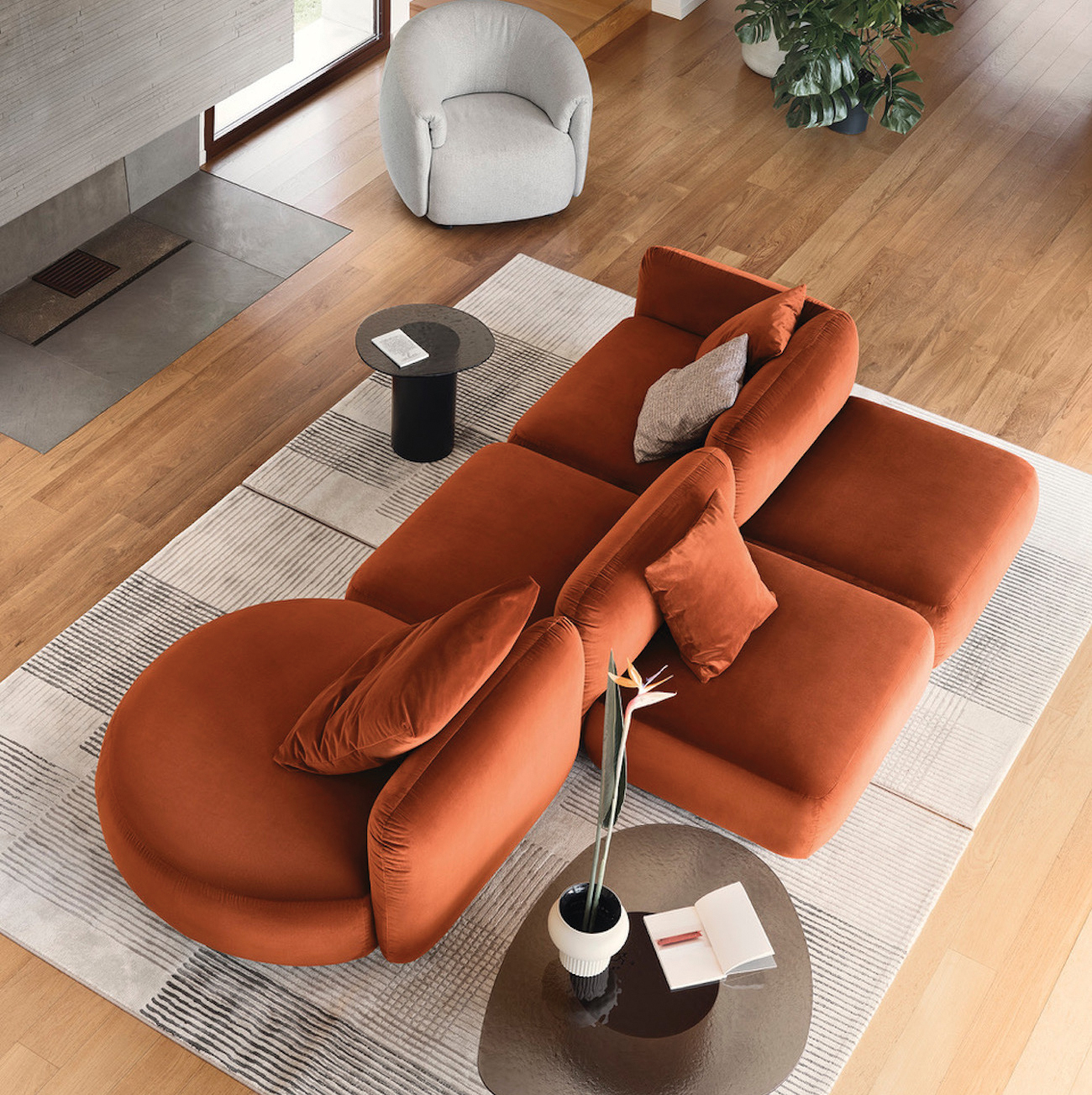
* You once remarked that the gist of building a brand identity is how to tell better brand stories to customers and with greater touching experiences. To you, how can such stories be told, in the case of our industry?
– We do not merely sell tables, chairs, cupboards or beds; instead, we sell the conveniences, the comforts of living. Experiencing a brand means experiencing a lifestyle brought about by this brand. A lesson can be learned from IKEA’s supermarkets. IKEA offers customers an experience not only at their showroom or design diorama, but also via the electronic platform with superb 3D-enhanced technologies. Such application is built upon IKEA’s vision towards efficiency, the combination of the three elements: design, quality and affordability. First off, the businesses can start forming their own product philosophy, as a seed to grow their brand into a bigger tree.
* How could the experiences offered by local businesses be improved in order to “touch” more international consumers than now?
– The overall marketing for the industry of Vietnam shall call for an evaluation process to find out its unique features, so that from which they can be communicated across the experience channels. I suggest the businesses start by introducing the interior design lifestyles at the international airports in Vietnam. To do so, HAWA might propose to the Airports Corporation of Vietnam to display products from the most outstanding local businesses, creating an experiential space for first time visitors to Vietnam.
* Lastly, after brand building, what will the businesses have to aim towards in order to keep their customers and sustainably grow?
– In Pencil Group’s tree growth model, we emphasise upon the product philosophy and business culture as the foundation for brand stories. From here, to grow sustainably, we adopt the 3C model (company, customer, competitor) to discover the new customers segment as well as the new demands to attend to.
Growing a business is like growing a tree, always reaching up towards the sky.
* Thank you!
Tien Huy Nguyen is the former Chief Digital Officer at OgilvyOne Worldwide Vietnam, the global communication group. Pencil Group, his startup, is an award-winning cultural marketing agency group of 99+ diverse talents, recipient of MMA, VNPR, Van Xuan Awards, Asean PR Network Award.
By Minh Kien

